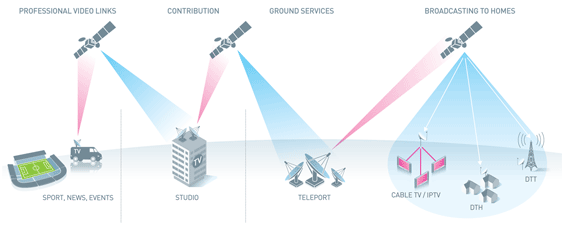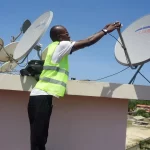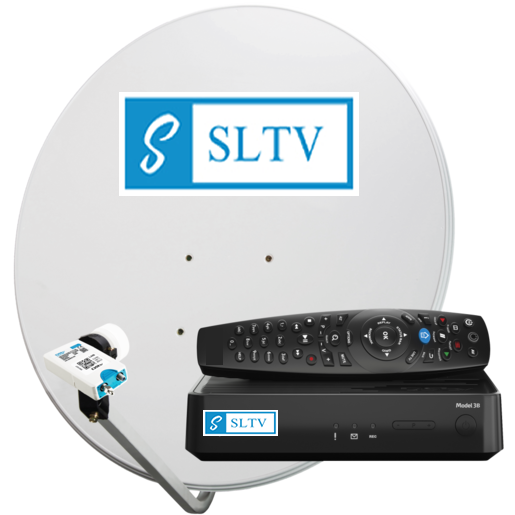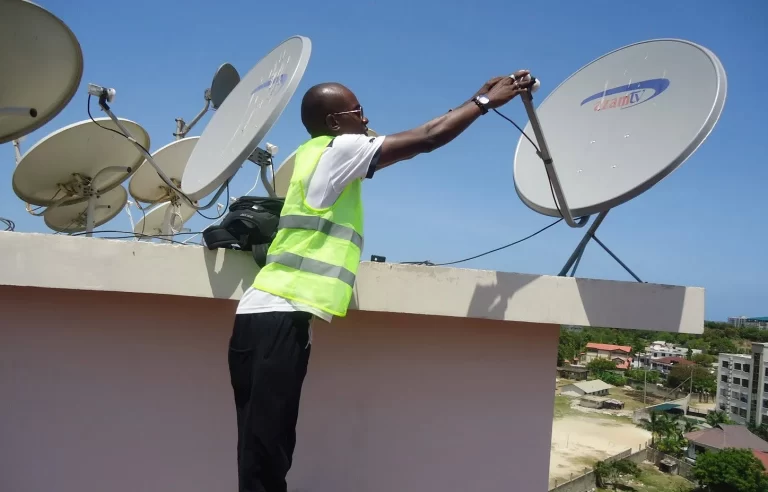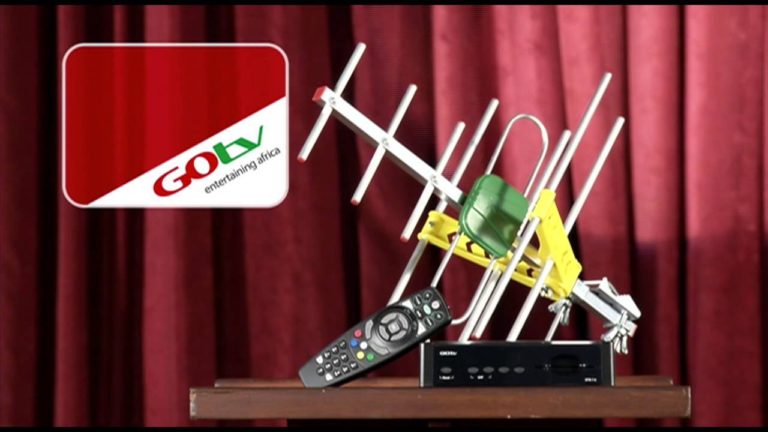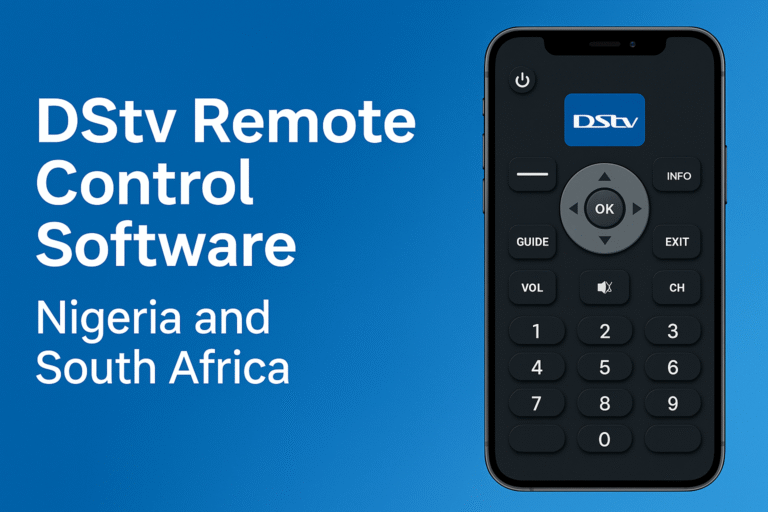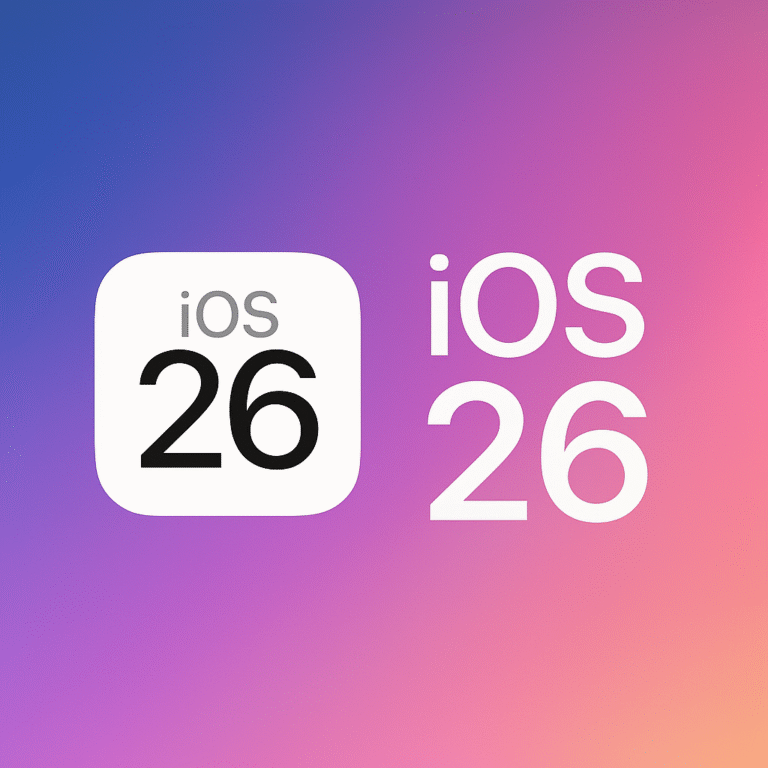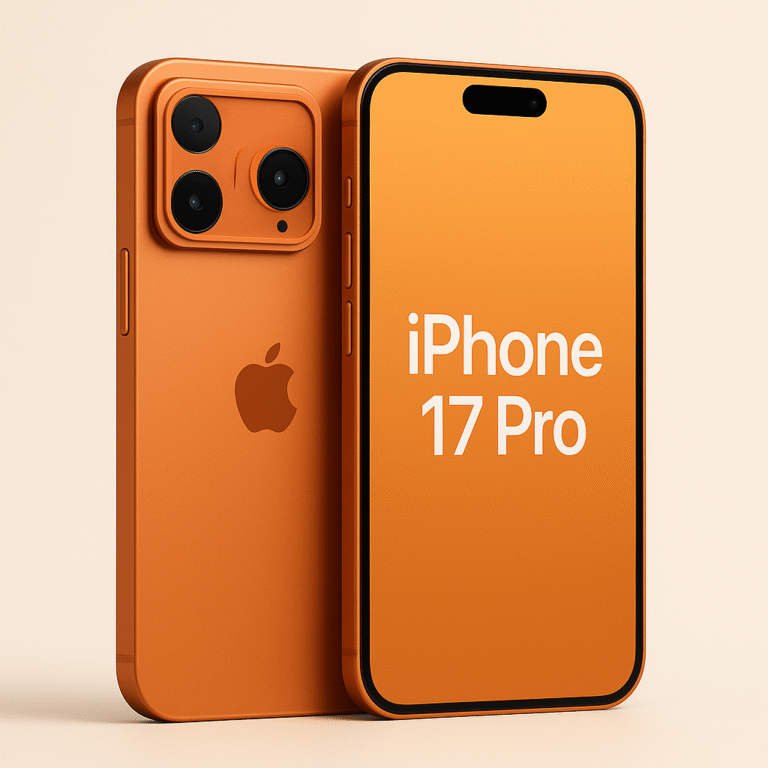It is obvious that every form of TV entertainment in Nigeria have been overtaken by either the digital satellite TV or its highly competitive digital terrestrial TV counterpart. Few years ago, the Nigerian market woke up to the invasive emergence of the digital satellite pay-tv services which, positively revolutionized the TV entertainment industry. Almost every home in Nigeria scrambled for ownership of a digital satellite TV decoder system which eventually became a standard TV entertainment gadget and also a status symbol.
However, what began as a spark unexpectedly evolved into a wild fire of market demand as the digital terrestrial TV services became competitive and almost overtaking their satellite contemporaries. Many renown pay-Tv companies who were operating only digital satellite TV services started diversifying to incorporate digital terrestrial TV into their main stream services. More so, new TV entertainment technology giants started coming in either to kick-start terrestrial TV operations in Nigeria or to partner with existing companies in this same line of business. I can assure you that so far, no such companies have had any atom of regret.
Till date, such companies have continued to record huge business profit and steady expansion. I do not wish to mention names of such companies here but if you are conversant with the Nigeria’s pay-tv industry, you would have most definitely known them.
However, certain operational conditions went wrong with the digital satellite TV market which, created a fertile landing space for the growth of the digital terrestrial TV in Nigeria. One such unfortunate situation was the price or tariff hike. Initially, some satellite TV providers blamed the addition of more channels into their grid as responsible for their tariff increment. After some time and as if that was not enough, the tariff went higher and the blame was leveled on general operational cost. As expected, Nigerians groaned under such weight and prayed for a messianic alternative.
Then came the first TV Company to introduce the digital terrestrial TV service. At first, it was not really welcome with open arms as their operational procedures were still strange and grossly unreliable. However before long, their services were able to spread thanks to massive adverts and campaigns.
Then like a wild fire, more companies joined the race and today, over 50% or regular digital satellite TV subscribers now own alternative terrestrial TV entertainment systems which they even use more often than the satellite TV systems.
Nigerians find the digital terrestrial TV services cheaper to purchase, cheaper to maintain, easier to use with same clarity of video and outputs compared to the digital satellite TV. The former has also less of weather interference deficiencies than suffered by the digital satellite TV signal decoder system.
With this prevailing trend in the Nigeria TV technology market, investors in the digital terrestrial TV systems would enjoy much brighter prospects. If they could find a way to incorporate Live broadcast of global football matches like the Champions League and so on, they would definitely send satellite TV systems packing from the Nigeria’s market.
Owing to the present economic challenges in Nigeria and indeed the world, there seems to be no sign of change from this current trend. Although the fight is still on, with both sides working tirelessly to conquer and dominate the TV entertainment space in Nigeria, Nigerians will always remain loyal to whatever system that offers cheaper, more efficient and more pleasurable TV content. Therefore, whichever is to come out victorious, only time will tell.
I gladly welcome your contributions on this issue with a call to share this contents with your friends on the social networks. They too, would be glad to know of this and make inputs too.
